IACS
INSTITUTO ARAGONES DE CIENCIAS DE LA SALUD ( IACS ), Zaragoza, Spain
IACS (Institute for Health Sciences in Aragon) is the entity that promotes research, innovation and knowledge brokering in biomedicine and health sciences for the Aragon Regional Health System. IACS carries out its activity with the expectation of contributing to high quality care in the public health system, supporting innovation, research of excellence and benchmark training, as well as supporting the creation of wealth and economic growth.
Regarding Research and Innovation, IACS supports stable research and innovation groups in the areas of clinical and translational medical research, biomedicine, public health, health systems and policy research. In addition IACS provides with scientific technical services in the area of Biocomputing, Proteomics, Genomics and functional sequencing, Biobank, Microscopy and Pathology, Cell Culture, Citometrics, Experimental Surgery, Phenotyping and medical imaging as well as Animal Facilities .
The IACS Biocomputing Unit combines two major activities and services: medical informatics and bioinformatics. The combination of these two areas make the Unit an innovative group highly skilled in the management, integration and analysis of multi-faceted health related data, both in terms of e-infrastructure and software solutions.
IACS’s Biobank is a network structure created to support biomedical research and accelerate translational one. Its main objective is to make human biological samples and associated clinical data available to researchers and companies, with all the ethical, legal and quality guarantees. Through collaboration with different Regional health centers, the Biobank articulates the progressive incorporation of collections of samples representative of different pathologies and of the general population, the association of data with scientific interest, and the transfer of said samples to carry out certain projects.
Team
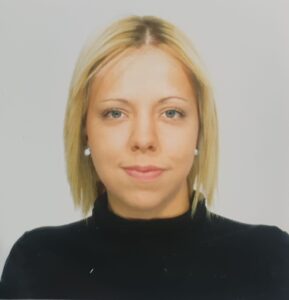
Fátima Méndez López de la Manzanara
Fátima Méndez López de la Manzanara graduated with a bachelor’s degree in Nursing from the University of Zaragoza and received her master’s degree in Introduction to Medical Research from the University of Zaragoza. Currently, she is a predoctoral researcher at the Institute de Investigación Sanitaria (IIS Aragón) and a Ph.D. student in Medicine (University of Zaragoza)
Research info
ORCID: 0000-0002-6409-9041
ResearchGate: https://www.researchgate.net/profile/Fatima-Mendez-Lopez
Social
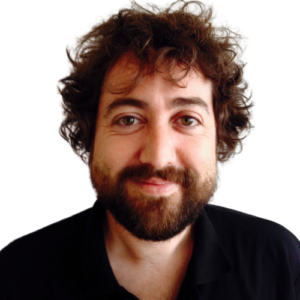
Juan Gonzalez-Garcia
Juan Gonzalez-Garcia, PhD, is the manager of the Biocomputing Unit at IACs, Zaragoza, Aragón. His background includes health informatics, parallel and distributed computing and machine learning.
Research info
ORCID: 0000-0003-3109-5586
Social
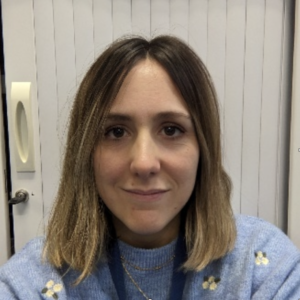
Marimar Encabo Berzosa
Marimar Encabo obtained a double degree in Biology and Biochemistry from the University of Salamanca, pursued a Master’s Degree in Physiopathology and Cellular and Molecular Pharmacology and obtained her PhD at the University of Zaragoza (2017).
Research info
ORCID: 0000-0002-6409-9041
ResearchGate: Scopus Author ID: 57190000634
Social
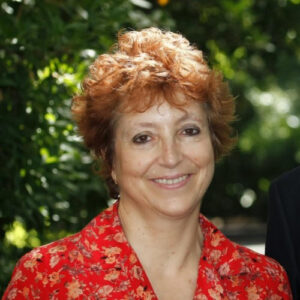
Rosa Magallón
Rosa Magallón is a Family and Community Medicine Physician. She is a Full Professor of Medicine at the University of Zaragoza, where she teaches the subjects of Family Medicine and Assistance Communication. She is the Principal Investigator of the Research Group in Primary Health Care at the “Instituto de Investigación Sanitaria de Aragón” (IISA)
Research info
ORCID: 0000-0002-3006-5353
ResearchGate: Scopus autor ID: 6506118104
Loop profile: 284370
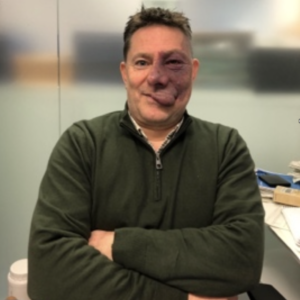
Mark Strunk
Head of the functional genomics facility of the Instituto Aragonés de Ciencias de la Salud (IACS) (2005-2019). With the outbreak of the COVID-19 pandemic he was appointed head of a laboratory to support diagnostics in the Aragonese health system. He has worked in the field of genomics, developing research projects and both protein and DNA diagnostic tools.
Research info
Social
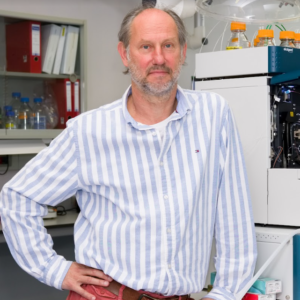
Jon Schoorlemmer
Jon Schoorlemmer, PhD, is the IP of the “ERV (Endogenous Retroviral Elements) in development and disease” group at IACS, Zaragoza, Spain. His scientific background encompasses stem cell biology; regulation of gene expression; regulation and function of Endogenous Retroviral Elements in human pathologies; and placental pathophysiology.
Research info
ORCID: 0000-0001-6933-0567
ResearchGate: researchgate.net/profile/Jon-Schoorlemmer
Social

Andrea Bazo Ochoa
Andrea Bazo Ochoa earned her degree in Biochemistry from the University of Navarra, Spain in 2017, followed by a Master’s in Biomedical Research with a specialization in Regenerative Medicine and Advanced Therapies in 2018. She completed her PhD in Biomedicine and Applied Medicine at the University of Navarra in 2023, focusing on the development of gene therapy vectors. Following her PhD, Andrea worked as a postdoctoral researcher, generating and studying transgenic models of multiple myeloma and exploring potential therapeutic targets at the Center for Applied Medical Research (CIMA) in Pamplona. Since April 2024, she is involved as a postdoctoral researcher in the HERVCOV Project